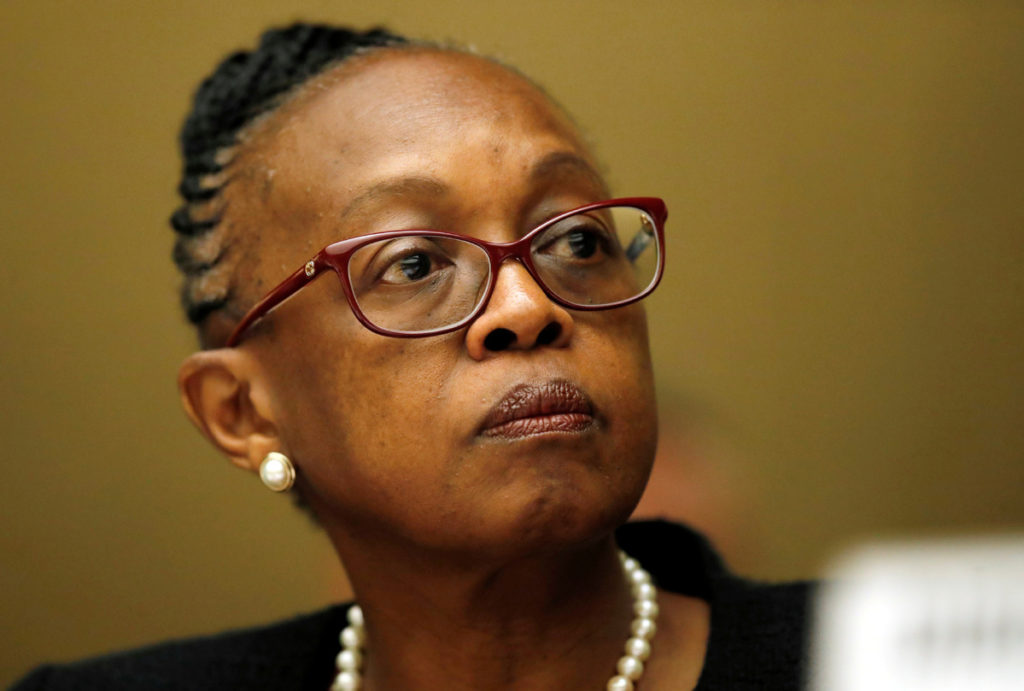In the wake of the COVID-19 pandemic, multilateral organizations are playing key roles in supporting capacity development in the traditional medicine sector on the African continent, including the development of local manufacturing.
In a statement to mark African Traditional Medicine Day on Tuesday, Matshidiso Moeti, the World Health Organization regional director for Africa, said more African countries now have policy frameworks for traditional medicines.
Moeti noted that as part of the COVID-19 response, promising traditional medicinal therapies are emerging across the continent. She made reference to countries like Cameroon where its health ministry has approved two products as complementary therapies for COVID-19.
“Madagascar’s herbal remedy, COVID-Organics Plus Curative, is in phase 3 trials and encouraging preliminary results have been reported,” Moeti said. “We look forward to the final results of this trial, and of trials underway for different products in 12 other African countries, including the Democratic Republic of the Congo, Nigeria, Uganda and South Africa.”
According to WHO’s evaluation, 40 African countries now have policy frameworks for traditional medicines, up from only eight in the year 2000. Communities have been mobilized to participate in raising awareness of the value of traditional medicines.
In addition, capabilities of researchers, traditional health practitioners and national regulatory authorities have been built through training in partnership with the WHO and the Africa Centres for Disease Control and Prevention.
“Last year, WHO, the African Union Commission and Africa CDC jointly launched the Regional Expert Advisory Committee on Traditional Medicine for COVID-19 Response. This committee is accelerating the pace of research by supporting countries to collaborate on clinical trials of traditional medicines in line with international standards,” Moeti said.
Traditional medicine has been used on the continent for centuries, and today it still has a vital role to play in healthcare and in improving the well-being of people across the globe, according to Motlalepula Matsabisa, the chairman of WHO’s Regional Expert Advisory Committee on Traditional Medicines for COVID-19.
He noted that even though various effective vaccines have been developed to combat COVID-19, this deadly pandemic requires all effort from different aspects of health intervention.
“There is possibly not one single intervention to stop the COVID-19 pandemic, so we are looking at nonpharmaceutical and pharmaceutical interventions, including the development of herb and traditional medicine based pharmaceuticals for COVID-19,” Matsabisa said.
The WHO welcomed the uptake of traditional medicine on the continent citing that natural remedies have a long history in China, India and other Asian countries, and are burgeoning in popularity in Western countries.
